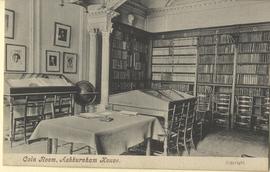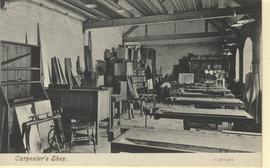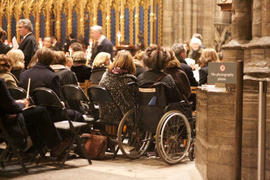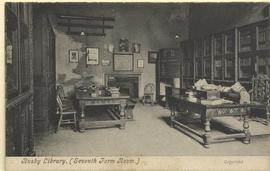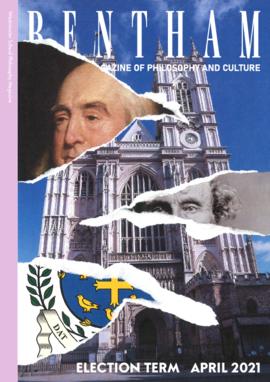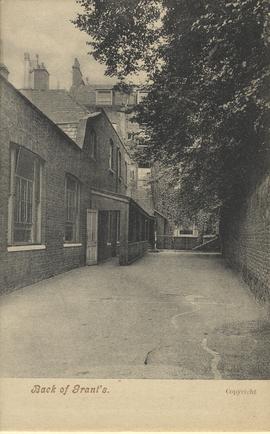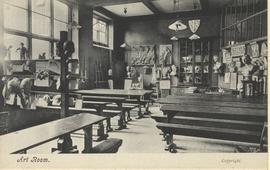- GB 2014 WS-02-POS-01-22
- Item
- c.1911
1 copy annotated on reverse by R.S. Chalk, as follows:
'Memories, 1921-1924 R.S.C
The School Coin Collection was formed in the main by Dr Scott, who presented it to the School in 1874 (see first Number of ‘Elizabethan’). The bulk of the coins were kept in trays in a handy-size cabinet in the H.M.’s house. At some date unknown the most spectacular and interesting specimens were extracted & placed in a glass cabinet in the ‘Coin Room’ up Lib (as shown). They were expertly mounted and labelled by the British Museum, but attracted no interest at all, being badly lighted, under glass and tarnished black.
Tho’ but an amateur, I was given the charge of the School Coin Collection by H.C.W. in Play 1921. I do not think they had been touched since Dr. Scott’s day. The task of cleaning, re-arranging and cataloguing these coins (I seem to remember there were just over 900- Greek, Roman Republican & Imperial, Saxon and English) occupied me till 1929, when H.C.W. kindly staged a small Numismatic Dinner in recognition of this.
It was not till years later I learnt what a superlative collection I had been handling and what a precious possession the School had. (Now “dispersed”?!!**)
I urged H.C.W. that the Cabinet up Lib be dispensed with and the coins in it amalgamated with the main Collection. He understood, but could not agree to this. Result - the Cabinet disappeared without trace during the Evacuation, including ‘OFFA REX’ now catalogued £800.'

